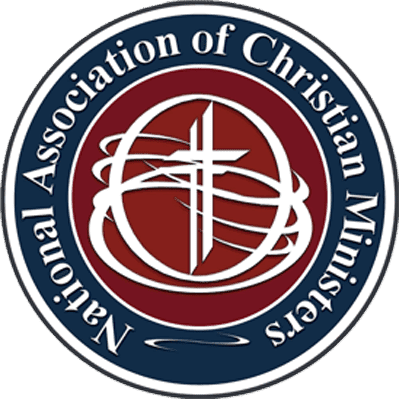 #
#
National Association of Christian Ministers How to Series: Planning #
When writing church bylaws, it is important to consider the specific needs and requirements of your church community. Bylaws serve as a framework for governing the operations and activities of the church, ensuring transparency, accountability, and consistency. Here are some tips to help you in writing church bylaws:
1. Define the purpose and mission: Begin by clearly articulating the purpose, mission, and values of the church. This section should provide a concise statement that reflects the fundamental beliefs and goals of your church.
2. Organizational structure: Outline the structure of your church, including the roles and responsibilities of key positions such as the pastor, board members, committees, and ministry leaders. Specify the qualifications, terms, and selection or election procedures for these roles.
3. Membership: Establish criteria for church membership, including requirements for joining, maintaining active membership, and the process for removing members if necessary. Include provisions for voting rights, membership meetings, and participation in decision-making processes.
4. Meetings and decision-making: Detail the procedures for conducting church meetings, such as regular worship services, business meetings, and special congregational meetings. Define voting procedures, quorum requirements, and the process for making important decisions.
5. Finances: Address financial matters, including budgeting, fundraising, tithes, offerings, and handling of church assets. Specify how financial records will be maintained, audited, and reported.
6. Policies and procedures: Develop policies and procedures for various areas of church life, such as worship services, sacraments, baptisms, weddings, funerals, and other ceremonies. Include guidelines for pastoral care, counseling, and conflict resolution.
7. Governance and leadership: Define the roles, responsibilities, and limitations of the governing body (e.g., board of directors, elders, deacons) in overseeing the church’s affairs. Ensure checks and balances and mechanisms for accountability.
8. Amendments and revisions: Specify the process for amending or revising the bylaws. This should include the requirements for proposing changes, obtaining approval from the appropriate governing body or membership, and documenting any amendments.
9. Legal compliance: Consult with legal counsel to ensure that your bylaws comply with local, state, and federal laws, as well as any denominational requirements or regulations.
10. Seek input and involvement: Involve key stakeholders, such as church leaders, members, and legal advisors, in the drafting and review process. Encourage feedback and ensure that the bylaws reflect the collective needs and aspirations of the church community.
Remember that church bylaws are living documents that may need to evolve and adapt over time. Regularly review and update them to ensure they remain relevant and effective in guiding your church’s operations and fostering a healthy and thriving community.




